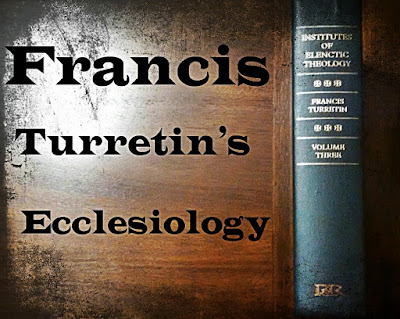Communicating Solidarity:
Romero's Final Ecumenical Gesture
By Frankjh [CC BY-SA 3.0 (https://creativecommons.org/licenses/by-sa/3.0)] From Wikimedia Commons The last person to receive communion from Óscar Romero was an Episcopal priest from the United States. The Rev. William Wipfler (as we learn here ) served many years as a social justice activist with the National Council of Churches, heading consecutively its Caribbean and Latin American Department and its Human Rights Office. Wipfler was part of a U.S. delegation, who met with the archbishop and participated in Romero's last Sunday mass, on March 23, 1980, before he was killed the following day while celebrating the Eucharist in the chapel at the hospital where his modest residence was. Assassination of a Saint: The Plot to Murder Óscar Romero and the Quest to Bring His Killers to Justice , by Matt Eisenbrandt (Oakland, CA: University of California Press, 2017). I was struck by Wipfler's emotional account of meeting Romero found in Matt Eisenbrandt's gripping, yet ha...




